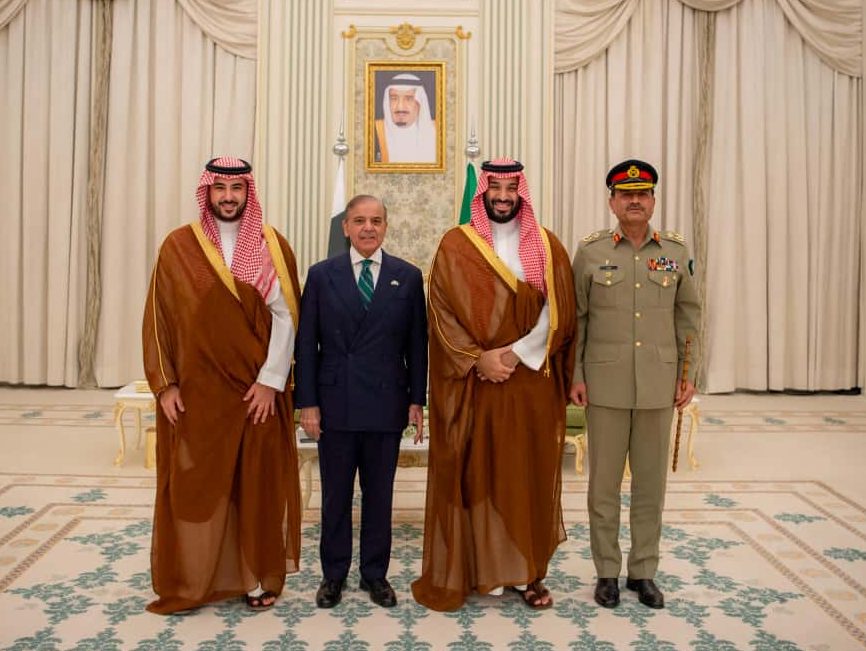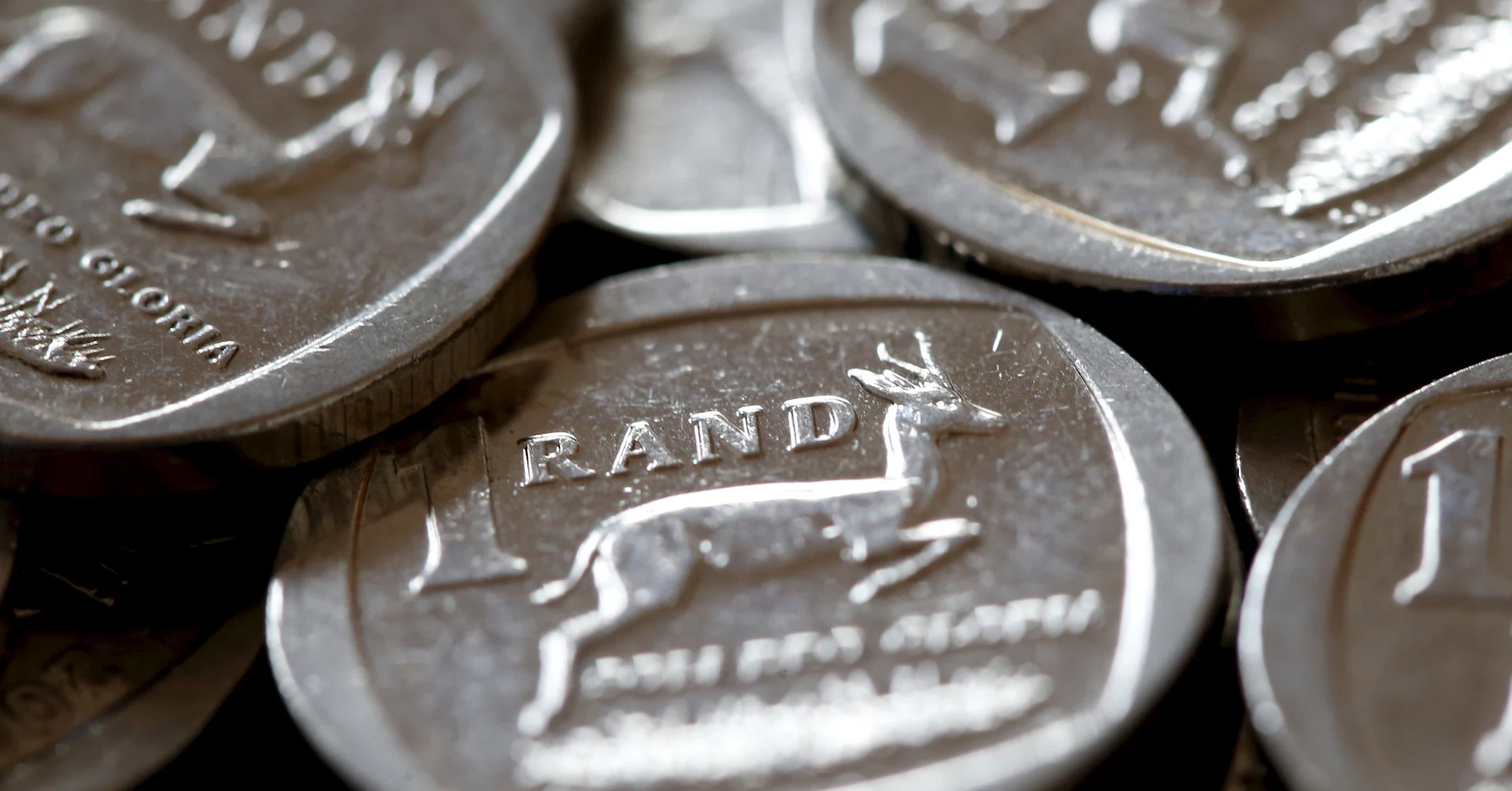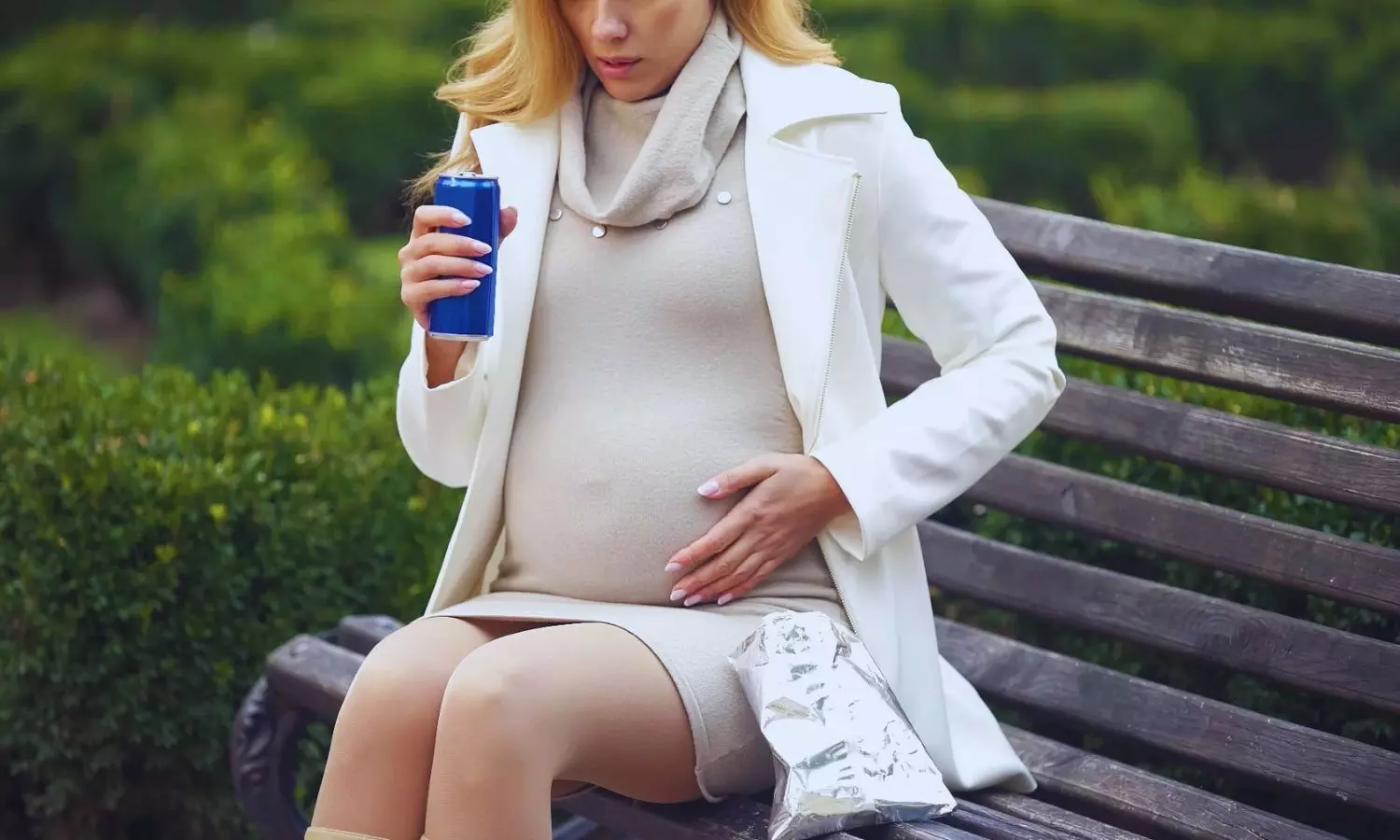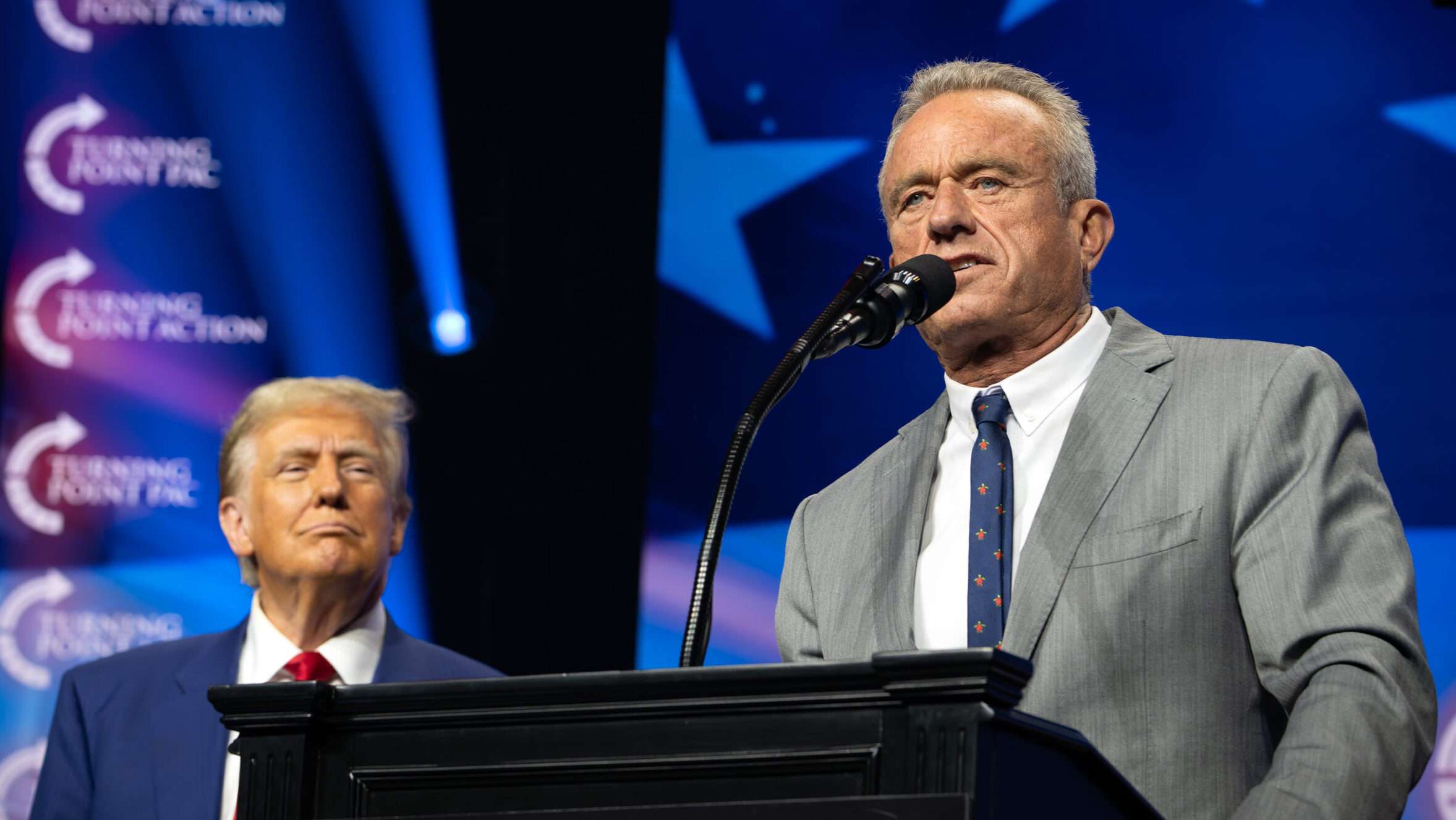By Ghana News
Copyright ghanamma
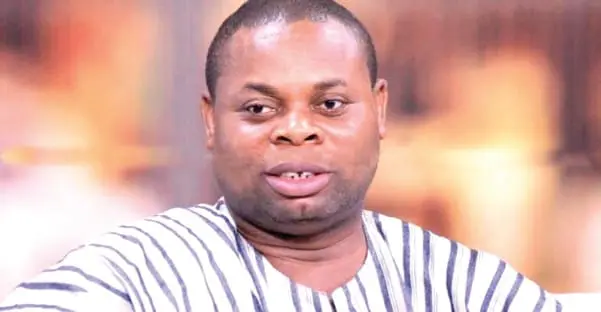
Franklin Cudjoe, founding president of IMANI Africa, has offered commentary on the New Patriotic Party’s (NPP) September 23 demonstration against what the opposition describes as state-sponsored harassment and abuse of power by the current National Democratic Congress (NDC) government.
The protest, dubbed “Yɛn Suro Ahunahuna” (We Resist Fear), began at 6:00 AM in Accra, with demonstrators marching from Obra Spot to the Police Headquarters to present a petition to the Inspector General of Police.
The demonstration was organized by NPP National Organiser Henry Nana Boakye, popularly known as Nana B, and led by National Youth Organiser Salam Mustapha to protest what the party characterized as systematic harassment of its members by law enforcement agencies.
Cudjoe, a Ghanaian author and social political commentator who serves as CEO of IMANI Centre for Policy and Education, responded to the demonstration with measured observations about the protest’s peaceful nature and reception by government officials.
The policy analyst’s commentary comes amid ongoing tensions between the opposition NPP and the ruling NDC government, with former Health Minister Dr Bernard Okoe Boye claiming that freedom of speech, the cornerstone of Ghana’s democracy, is currently under threat.
IMANI Centre for Policy and Education is a think tank of global repute dedicated to promoting institutions of a free society across Africa, and has been consistently ranked among the top 5 most influential think tanks in the region.
Recent weeks have seen escalating political tensions, with the NPP alleging selective application of justice and intimidation tactics against party members. The demonstration represents the party’s most visible response to these perceived grievances against the current administration.
NPP National Organiser Nana B stated that “weaponization of state institutions will not stop” the party, indicating continued opposition resistance to what they characterize as government overreach.
The peaceful conduct of the demonstration contrasts with previous political protests in Ghana that have occasionally resulted in confrontations between demonstrators and security forces, suggesting successful coordination between organizers and law enforcement agencies.
Eyewitness accounts confirm that demonstrators were received by a Chief of Staff during the protest, a development that observers noted as significant given the charged political atmosphere surrounding the grievances being expressed by the opposition party.
Cudjoe has recently been critical of the previous NPP administration, defending the current NDC government against criticism over proposed utility tariff increases and placing responsibility for Ghana’s current economic challenges on the previous government’s eight-year tenure.
The demonstration reflects broader concerns about democratic governance and institutional independence that have characterized Ghana’s political discourse since the NDC returned to power following the 2024 general elections.
Political analysts suggest that such protests serve important functions in democratic systems by providing opposition parties with peaceful channels to express grievances and maintain public visibility between electoral cycles.
The NPP’s emphasis on peaceful demonstration and proper engagement with security agencies demonstrates adherence to constitutional provisions for freedom of assembly and expression, cornerstone rights in Ghana’s democratic framework.
Cudjoe has recently launched criticism against former President Nana Addo Dankwa Akufo-Addo, dismissing him as belonging to the “league of do-little men” following recent claims about NPP reclaiming power, indicating his current critical stance toward the opposition party.
The analyst’s observations about the protest’s conduct and reception provide perspective on the current state of political relations between Ghana’s major parties and the functioning of democratic institutions under the current administration.
Success of peaceful political demonstrations often depends on effective coordination between organizers, security agencies, and government officials, with the NPP protest apparently achieving this balance according to observer accounts.
The incident highlights ongoing challenges in Ghana’s political environment, where opposition parties must balance legitimate criticism of government policies with maintaining constructive engagement within democratic institutional frameworks.
